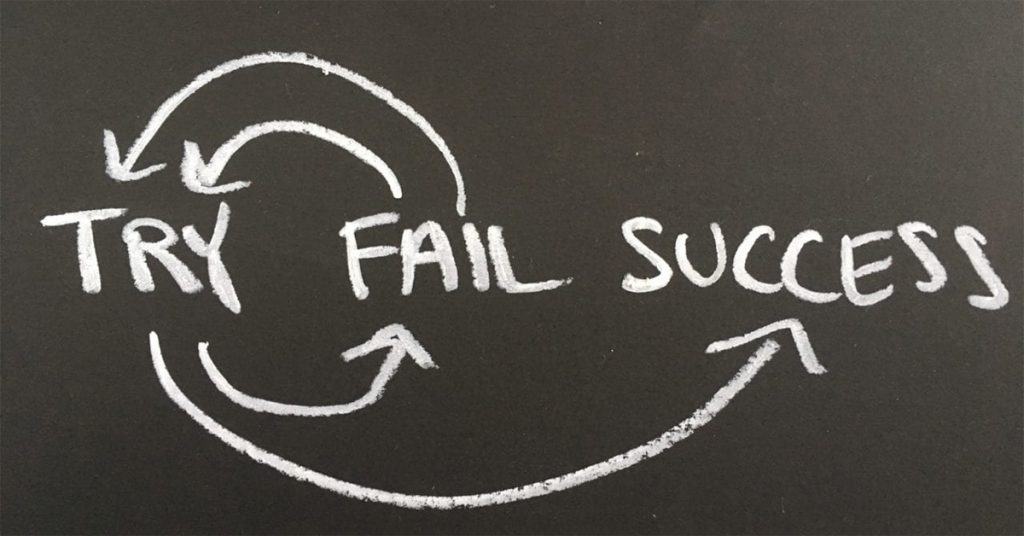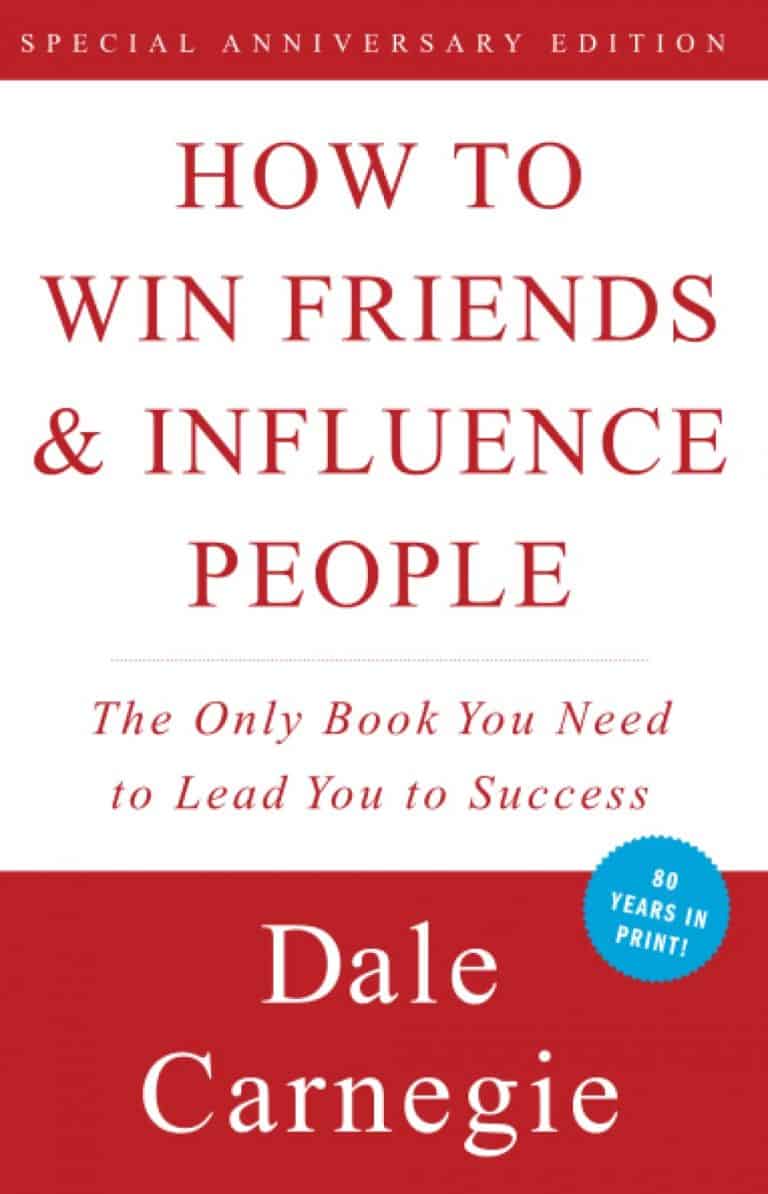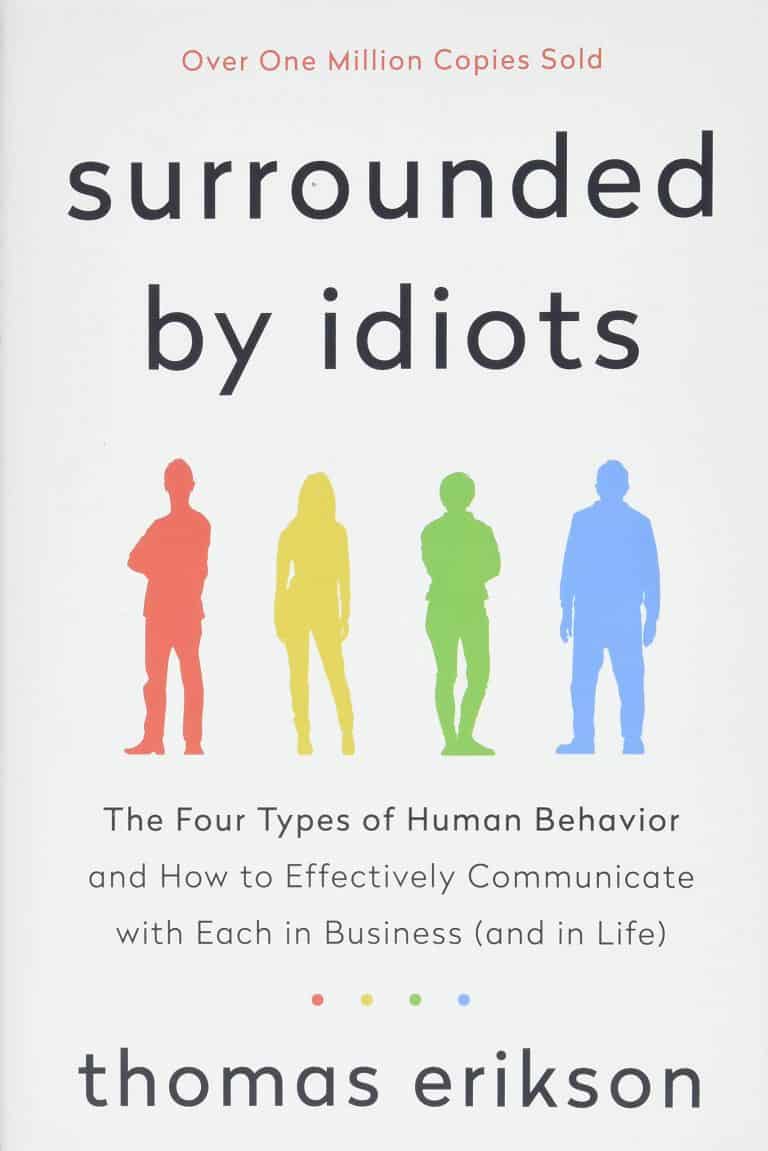3 Must-Read Books to Boost Your Social Skills

By nature, humans are social creatures. We have depended on this instinct of cooperation for millennia to bond, hunt, defend, and ultimately survive.
Yet modern society places is in some odd positions. We have to accommodate bosses with who we might not necessarily agree, and negotiate sales with others who are trying to extract the opposite from us.
Navigating this complex world is made infinitely easier when we understand others and are able to communicate in ways that they can better understand. Here are the best 3 books on the market for improving your social skills and boosting your ability to influence others.
1) How to Win Friends and Influence People - Dale Carnegie
Perhaps one of the most famous self-help books of all time, Dale Carnegie’s “How to Win Friends and Influence People” is the go-to book to build your social foundations.
Written in 1936, the examples are perhaps a little outdated but the ethos behind each topic has aged like a fine wine. The book spans 27 life-changing topics across four parts, each with the insight to improve your social skills dramatically. This was the first self-help book I ever read and what first instigated my fire for continual self-improvement.
Part 1 of the book focuses on the fundamental techniques of handling people. This includes the need to put yourself in someone else’s perspective.
Dale Carnegie uses the example of not putting strawberries and cream on the end of a fishing line, just because it was what you like. Instead, bait a worm as that is what will attract the fish. Learning to align what you want with what someone else wants is the best way to get results.
Part 2 focuses on ways to encourage others to like you. Although seemingly obvious, the simple act of becoming genuinely interested in others is an often overlooked but powerful way to build better bonds with people.
I have found that taking a deeper and genuine interest in others leads to more rewarding conversations, greater trust, and friendships that unlock opportunities you would never have found otherwise.
Part 3 deals with winning others over to your way of thinking. Although used chiefly by salesmen and negotiators, these skills prove beneficial in all walks of life.
When you know you’ve made a mistake, own up to it before anyone has a chance to scold you for it. For example, if you make a mistake at work and are called in by the boss for an inevitable bottom spanking, scold yourself first before they have an opportunity to: “I’m very sorry, I know that sale was a key sale for this month’s target, and by failing to secure it I have made this branch look weak this month”.
Your boss, in a position of power, is much more likely to react sympathetically than aggressively: “No Jane it’s not that bad, it has been a tough month for everyone and this client is particularly unpredictable. I know next month you will secure it for us again”.
The final part explains how to change people’s opinions without causing offense or arousing resentment. Carnegie shows that the best way to change someone else’s mind is to make them believe that it was their idea.
If you dive straight into criticizing someone about how dangerous smoking is, for example, and how foolish they are for continuing the habit, they are most likely going to resent you and may continue to do it out of spite.
Anyone with kids knows this dilemma. If, however, you go about it in a different manner, such as sharing the mistakes you once made under similar circumstances, and how you wish you hadn’t started smoking because it was so hard to stop, you enter into the realm of empathy and can strike a chord with their emotion where they are much more likely to respond positively.
Overall this book is a must-read for anyone who seeks to improve their social IQ and confidence. There is a reason why after 60 years the book still ranks among the top sellers in its category; while the world around us changes continuously, our human instincts are as predictable as the sun rising.
Check out “How To Win Friends And Influence People” on Amazon.
2) The Four Agreements - Don Miguel Ruiz and Janet Mills
The Four Agreements: A Practical Guide to Personal Freedom is a self-help book by bestselling authors Don Miguel Ruiz and Janet Mills. First published in 1997, the book has sold over 8.2 million copies in the US alone, has been translated into 46 languages worldwide, and was on the New York Times bestseller list for over a decade.
The book takes inspiration from a set of spiritual beliefs held by the ancient Toltec people to help readers transform their lives into a new experience of freedom, true happiness, and love. But don’t be fooled by spiritualism, the book contains very pragmatic advice applicable to each of our daily lives.
As the name might suggest, the book is split into four main sections, each dedicated to an individual “agreement”. These agreements should be made with yourself and you should seek to hold each one true about yourself at all times. By doing this, the authors suggest you will find freedom and true happiness in your life.
The first agreement is to always be impeccable with your word. Stop gossiping, complaining, and criticizing. Your word is one of the most powerful tools you have – it represents your character and integrity.
If you present yourself as mature, honest, and trustworthy, that is how others perceive you. And when others think of you in this way, you will find a whole host of new opportunities and relationships open up to you.
The second agreement outlines how to avoid taking things too personally. Imagine driving at the speed limit like the respectable driver you are when a new driver is tailgating behind you because he thinks you’re driving too slow.
This immature mindset is the new driver’s problem, and after maturing, or after the new driver’s first accident, he will likely form a new outlook on the importance of sticking to speed limits. Now the same person, with a new frame of mind, will respect you as a driver.
Notice how your driving is the same in both cases, yet the response is different. How people treat you is a projection of who they are at that specific moment in time. This is why it doesn’t make sense to ever take anything personally. In other words, we often take criticism as a dig at our behavior, when it quite often is actually a reflection of the other person.
Agreement number three highlights the importance of never making presumptions. In a position of leadership, you will be held accountable when something doesn’t get done the way it’s supposed to, even if it wasn’t directly your fault.
Understand that even if it is not within your immediate realm of responsibility, you will still be held accountable for the actions of those you influence. This is true of family as well as business. You need to have the foresight and skill to communicate instead of relying on others without proactively making sure things are in place.
The fourth and final agreement shows the importance of always trying your best. In life we cannot always be held accountable for results; sometimes it is out of our control. What we can do, however, and what we have an obligation to ourselves to do, is to always make the best effort possible, as that is all we can ever have direct control over.
Your best is going to change regularly as you develop. If we know we have tried our best then we can rule out a lot of toxic self-negativity and regret. Sometimes your best isn’t good enough, but at least we have valuable lessons to learn to progress us in the right direction.
3) Surrounded by Idiots – Thomas Erikson
We don’t always get everything we want in life, and the same goes for those who we wish to engage with. From a negative family member to an annoying boss, an unfortunate yet inevitable part of life is that we will always have to deal with people that we may not want to.
Dealing with these people is what author Thomas Erikson aims to improve. Quoted directly from the book: “the most important lesson that you can walk away with is that the idiots who surround you are, in fact, not idiots at all. Instead, they are individuals worthy of respect, understanding, and being valued”.
Surrounded by idiots explores the idea of four personality types, and the different communication techniques needed for each one.
So for that person you always struggle to communicate with, the problem may not necessarily be you or them, it is that you both have different ways to communicate and none of them are matching. It is like you speaking English but them German; no one language is wrong, they are just incompatible. Unless, you learn the ways to communicate with them, as this book aims to do.
The four personality types are helpfully color-coded; red, yellow, green, and blue. The Red and Yellow types tend to be perceived as trouble makers, while Green and Blue are often misunderstood. When you have communication issues, therefore, it is because you are trying to talk to a red personality in a blue manner, for example.
The book then picks up on a concept bought up by Hippocrates many centuries ago – that we all show multiple personality traits but each of us has a dominant type.
The Red type is characterized as being dominant, driven, ambitious, and showing great initiative. They can be emotional and difficult to work with, however. These people are not shy about voicing their views and like to take on leadership positions, whether they are capable or not.
The Yellow type is optimistic by nature and usually confident and charismatic. Because they tend to be fun, they make friends easily and are very social.
Blues, on the other hand, tend to be pessimistic by nature. They are detail orientated and speak only after they have analyzed a situation. Because of their detailed nature, they suffer from being a perfectionist and can succumb to analysis paralysis.
The Green type is calm and excellent at listening. Because they prefer to let the other person do much of the talk, they are naturally non-conflictual. These members are excellent team players and easy to get along with.
So to communicate well with these different groups, we must learn to first identify what color the other person belongs to and then construct our sentences in ways that work alongside them.
For example, if you try to fight fire with fire, and try to deliver criticism in a strong dominant way, you will be met with the same resistance. If you deliver it in a way where they can remain feeling in control, your point will be communicated much smoother.
Final Thoughts
So there you have it. Three books that will improve your communication skills forever.
Unlike other skills, social skills require practicing with other people. Unfortunately, people are highly unpredictable, and you will certainly face failures and mishaps along the way.
But the rewards are highly worth it, companies pay tremendous money to those who can demonstrate an ability to win over people. So take the advice offered in these three books, practice it as much as possible, and watch opportunities open before you every single day.
Leave a Comment to let me know your thoughts!
Other book reviews you might enjoy:
3 Must-Read Motivational Books

How to Reset Dopamine Levels to Boost Your Mental Performance
By resetting dopamine levels back to healthy baseline levels, we can boost cognitive performance and improve mental health.

6 Science-Based Exercises to Overcome Stress
Stress is an inevitable part of life, so instead of trying to avoid it, we need to learn function alongside it. These 6 science-based exercises will show you how.

How These Cognitive Biases Lead You To Poor Choices
There are many cognitive biases that lead you to poor choices and decisions, pushed on to you from many different sources, such as social media and ill-informed friends.

The Failure Paradox – How Failure Is Fundamental To Success
Learning from failure is nature’s most efficient learning mechanism, yet as adults, we try to avoid failure at all costs. Instead, we should learn how to fail the correct way.

The 10 Best And Worst Nootropics For Cognitive Performance
Nootropics, also known as smart drugs, are increasing in popularity among healthy individuals looking to increase cognitive performance and function.

Disney, Ford, and Sanders – History’s 3 Most Successful Failures
How Disney, Ford, and Sanders overcame repeated setbacks to become 3 of history’s most successful failures


